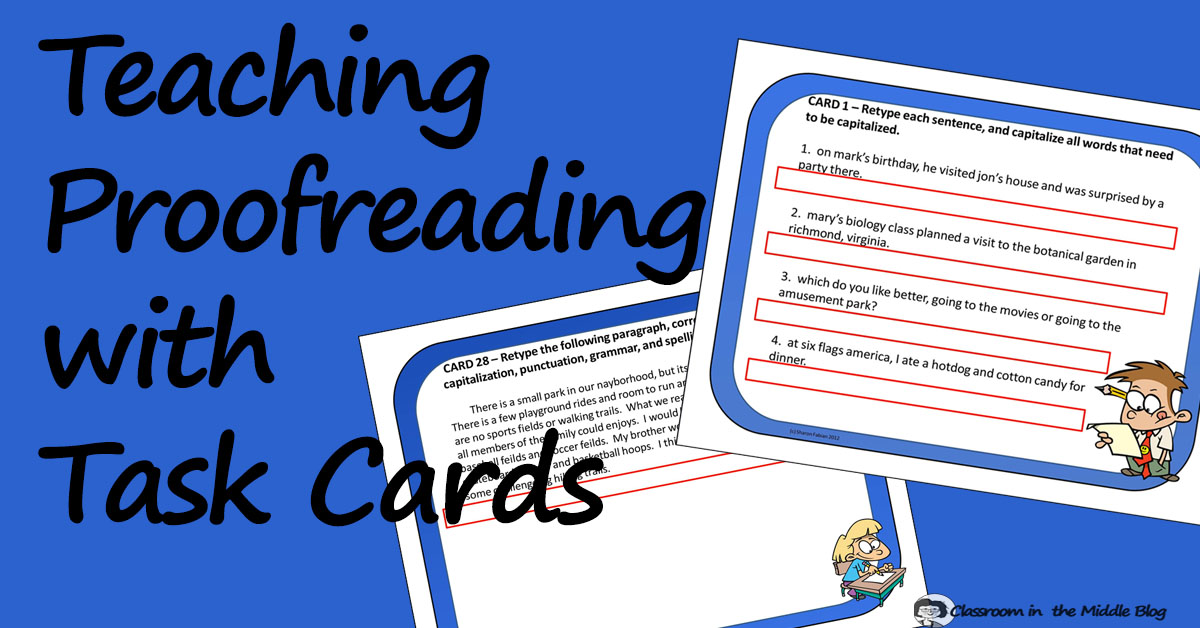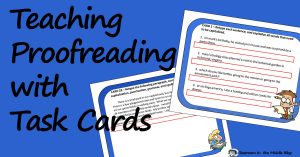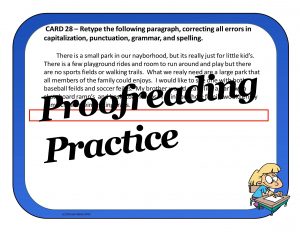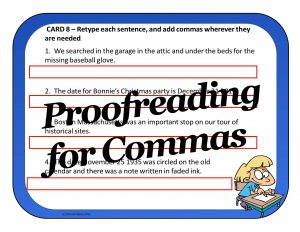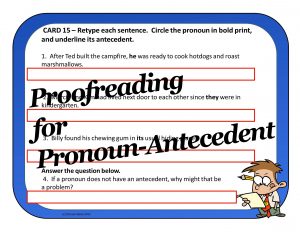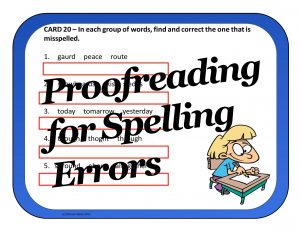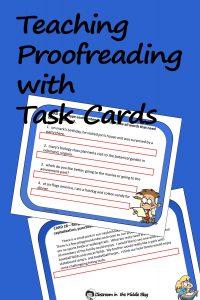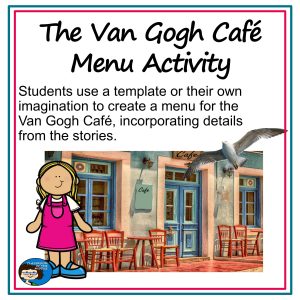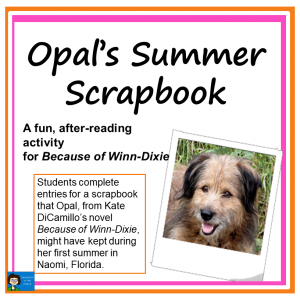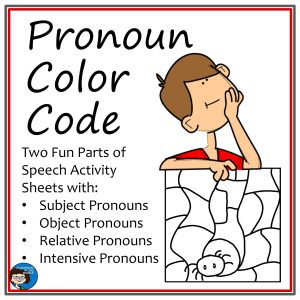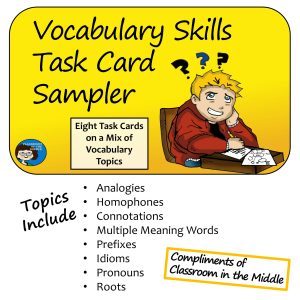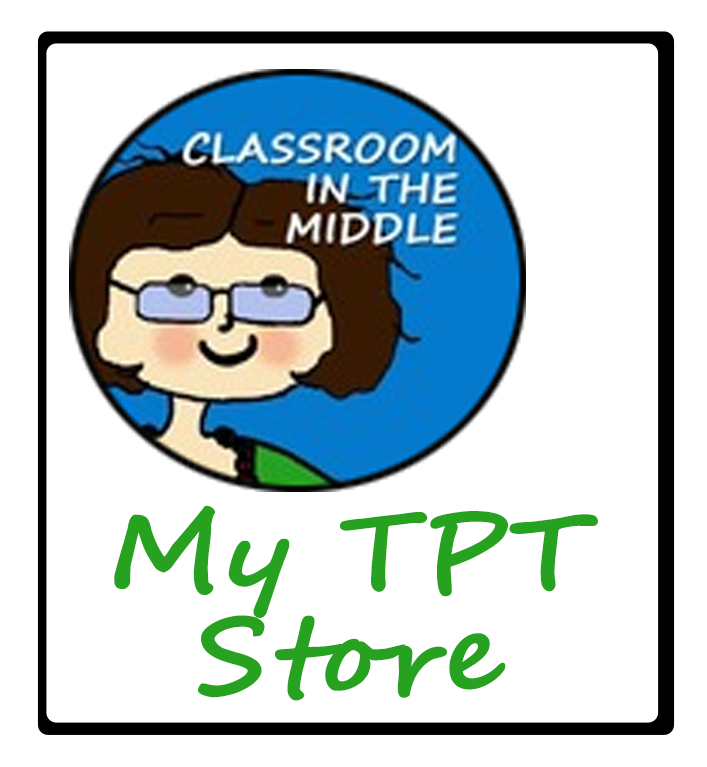Proofreading is not easy for kids! When we proofread our own work as teachers, we are often looking for typos – errors are easy to find – but for kids it’s different. Kids often don’t know that they’ve made errors – they wrote in the way that they thought was correct in the first place.
That’s why, when practicing proofreading, kids need to work on specific types of errors in situations where they know just what the are looking for. And that’s why task cards are a great resource for teaching this writing skill.
With task cards, students can work on just the skills they need to work on, and by selecting certain cards, teachers can individualize instruction.
Also, with task cards, the skills are presented in small, easy to digest, bits. And, in the case of proofreading, kids can work their way up from making corrections on single sentences to longer paragraphs.
Here are the skills that I decided to include in my proofreading cards.
- Capitalization
- Punctuation
- Grammar
- Run-on Sentences
- Homophones
- Finding Spelling Errors
CAPITALIZATION
Capitalization is something that middle grade kids have all “learned before,” but it’s also something that so many of them still need to practice. With task cards, it was easy to focus on just a few capitalization rules per card. For instance, one card focused on months of the year, days of the week, and school subjects. Another one focused on place names and street names.
PUNCTUATION
By the middle grades, some kids will still need a little review of the basic punctuation rules, while others will have the basics down. But there are some rules that many students need to work on at this stage. Two that I chose to focus on are commas (OK, that’s something many adults need to work on too!) and apostrophes.
GRAMMAR
Students used to spend whole years of English instruction focusing on just grammar, so obviously there are a LOT of choices as far as what to work on here. For my proofreading task cards, I chose two skills that I’ve noticed middle grade kids getting stuck on frequently – subjects and verbs, and pronoun antecedent.
The first one, subjects and verbs, sounds simple, but it gets complicated in kids’ own writing. First of all, to know whether they have complete sentences or not, kids need to be able to identify subjects and verbs, because if their “sentence” doesn’t have one of each, it’s not a complete sentence. Pronoun-antecedent errors can occur with even the best students, especially when they get to writing longer, more involved sentences with lots of words between the pronoun and its antecedent.
RUN-ON SENTENCES
This one seems to really vary greatly from student to student too. Some can automatically see, or hear, the difference between a good sentence and a bad one. Others really have to work at it, looking at capital letters, punctuation, and conjunctions carefully.
HOMOPHONES
Sometimes homophones are just fun to work on, kind of like a puzzle! But improving their ability to write with homophones also increases students’ vocabulary and makes them better writers. Some may need to learn to be more careful with perennial problem ones like their/there/they’re, and other kids may be ready tackle pairs like weather/whether to increase their confidence as a writer.
SPELLING
Obviously spelling is a huge subject too, but one thing I think kids at this stage need to work on is just finding their spelling errors. They can always use a dictionary or spell checker to make the corrections, but first they have to find the errors (In student writing especially, with other types of errors mixes in, they can’t depend on a spell checker to find and correct errors to make their writing say what they meant to say.)
On my task cards, I like to start small, giving the kids a list of three words, not even a whole sentence at first, and letting them know that there is one error among the three. Soon we move on to sentences and then paragraphs.
I’m sure there are many more skills that I could have included, and if I’ve left out any that you think are especially important, please leave me a note in the comments below, because I’m working on ideas for a second set, and any suggestions would be much appreciated!





